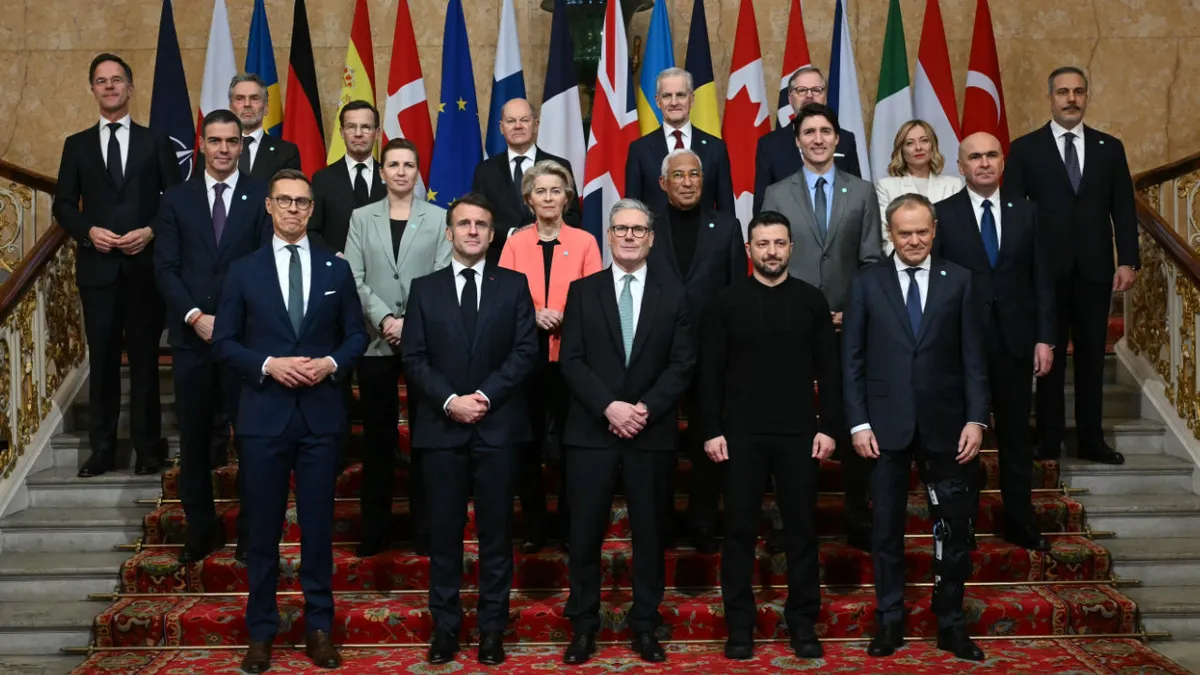
An emergency summit held in London on March 2, 2025, brought together key European NATO countries along with Canada to address the ongoing crisis in Ukraine. The meeting concluded with a broad consensus emphasizing the urgent need for Europe to take a more proactive role in securing and defending a just peace deal for Ukraine. However, the summit lacked specific actionable details, leaving many questions unanswered.
As the geopolitical landscape shifts, Ukraine faces a daunting future potentially devoid of crucial American support. The absence of the United States, traditionally a key ally, raises concerns about the stability and security of Ukraine. President Volodymyr Zelensky’s position is increasingly precarious, and some observers worry that this hero could become a tragic figure if the situation deteriorates further.
The political environment is becoming increasingly complex for President Zelensky. Recently, U.S. Senator J.D. Vance set a political trap for the Ukrainian president, which Zelensky tactfully avoided by refraining from praising former President Donald Trump. This incident underscores the delicate balance Zelensky must maintain as he navigates international politics amid a protracted conflict.
As one of the world’s longest conflicts appears to be nearing its conclusion, the implications for Ukraine and Europe are vast. The situation is fluid, and stakeholders must remain vigilant to avoid missteps that could derail progress toward peace. The call from the leader of Turkey’s Kurdish rebels for his group to disband adds another layer to the already complicated geopolitical tapestry.
Amid these tensions, Europe is grappling with rising security concerns, exemplified by recent bombings impacting Swedish businesses. Young teens, seeking quick financial gains, have been drawn into this chaotic environment, further complicating the region's stability. As violence escalates, it becomes increasingly clear that Europe must enhance its defensive capabilities.
To effectively address these challenges, Europe must explore all avenues to increase its defense spending. The goal is to elevate military expenditure to 3.5% of GDP, a significant leap that requires coordinated action among European nations. Achieving this target will be essential for ensuring regional security and supporting Ukraine in its quest for peace.
The summit coincided with the passing of John Parker, a distinguished correspondent for The Economist, who was known for his ability to interpret complex upheavals. At the age of 70, Parker’s death comes at a pivotal moment, as his insights into global affairs will be sorely missed during these turbulent times.